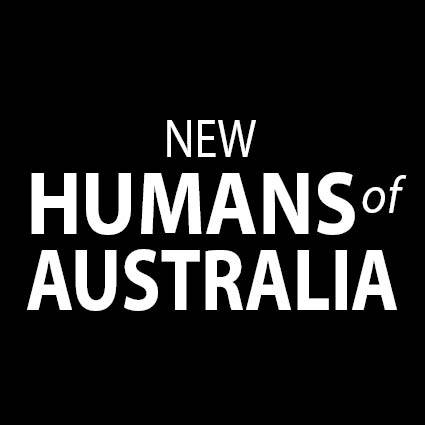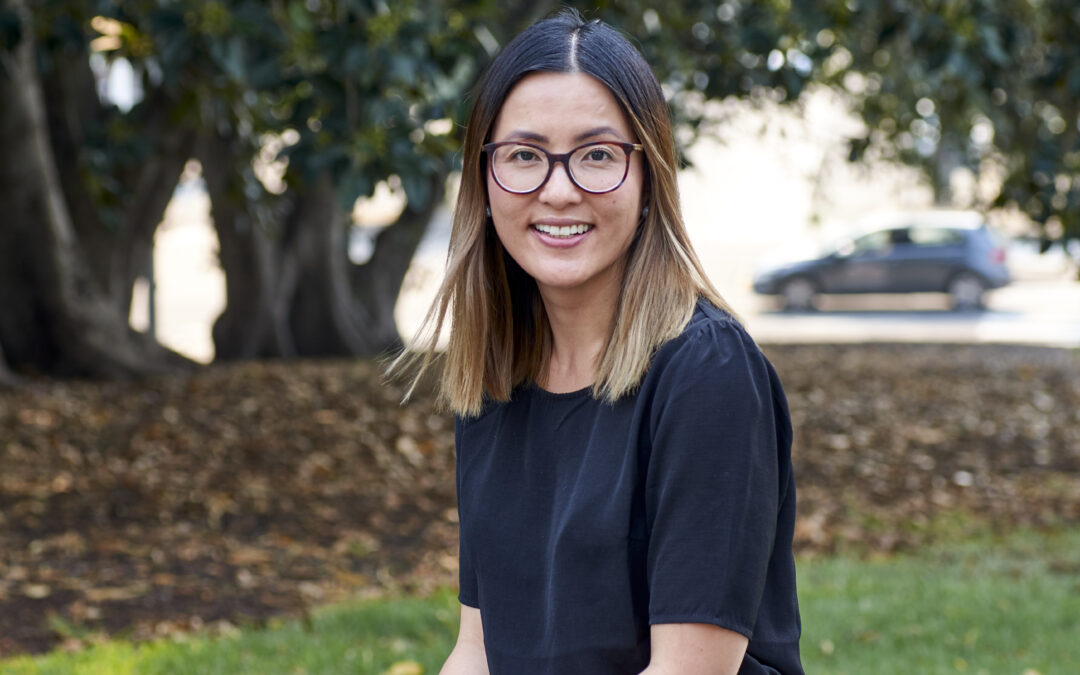My parents don’t like to talk about what happened during the Pol Pot regime but in the last few years, they’ve started to share their story. I never thought about it much growing up but as I’m getting older, I am learning to appreciate the sacrifices they made, how brave they were, what they went through to get here, and how this makes me the person I am today.
They were both teenagers during the Pol Pot regime, separated from their families and forced into labour camps for almost four years. Mum tried to escape in the last year of the regime but failed, as there were too many landmines along the Cambodian / Thailand border. So she stayed in Cambodia, met and married my dad, and had my brother. When she was pregnant with me, they fled with my mum’s family to Khao-I-Dang, a refugee camp on the Cambodian border in Thailand. Soon after, I was born. Life there wasn’t easy. My dad told me he often had to clean the toilet block just for an egg and a pack of noodles to feed the family.
Mum’s family stayed in that camp and later went to Australia, but my family moved over the next few years to camps in Thailand and Malaysia, until the UNHCR helped us to resettle in France. We lived in Venissieux, Lyon for seven years, but never applied for permanent residency or citizenship. It was tough there and my parents struggled to make a living without any help or family support.
When I was 10, they re-connected with my grandma in Australia, who sponsored us to come here, and we lived with her and my aunty’s family until they could get on their feet. I spoke French by this stage so I had to go to an English language centre for a year before I enrolled in year 5. Still, my English wasn’t great, and I remember children made fun of my accent and pronunciation, and I struggled with schoolwork.
I went to high school during the John Howard ‘stop the boats’ and Pauline Hanson ‘swamped by Asians’ period. As a result, I was teased and called a ‘FOB’ (fresh off the boat), even though I had arrived by plane, and had been sponsored to come here. In the end, I avoided attending ESL classes in high school, and I never shared my refugee story for fear of being perceived as different. I just wanted to fit in and be ‘Australian’.
Growing up, my parents were very strict, which made it difficult to make friends. I was rarely allowed out, even to the movies, and was left at home most of the time, to study and read books. I think they were worried about me getting an education because of what happened to my older brother, who faced many challenges, including being expelled from high school at 15. My parents never finished high school either. Dad learnt how to make jewellery when he was in the refugee camps, and Mum learnt how to sew clothes in France. They wanted a better life for us. Perhaps, if I hadn’t had such a strict upbringing at home, I might not have gone on to have the life I have had, but at the time, as a teenager, it was difficult.
After high school, I completed a Bachelor of Arts majoring in Psychology and French, followed by Honours in Psychology. During one of my French classes, the tutor referred to Venissieux, Lyon as a ‘ghetto’ where the refugees and migrants lived, which made me feel uneasy and that it was best not to share my history for fear of being viewed as different. Next, I worked as a research assistant at Monash University. I enjoyed research, so went on to complete a PhD in Public Health. For the past three years, I’ve been working as a postdoctoral health services researcher at the University of Melbourne.
I have always had difficulty sharing my story because I fear that I will be looked down on or be discriminated against. It’s taken a long time for me to realise that I should be proud of what I’ve accomplished. For example, I am the first person in my family to hold a PhD. But I’ve always felt there was a stigma attached to my story, and I’ve held on to that belief for a long time, and felt ashamed of where I came from.
Unfortunately, politicians have a lot of power and what they say and do can influence how people act, including children. But I hope the stigma and discrimination against refugees and asylum seekers stops. I believe refugees can make a valuable contribution to society, if given the chance and, even if we do not, everyone deserves the right to live in peace.
Khic
Cambodia / Thailand
Arrived 1995
Photographer: David Brewster https://www.davidbrewsterphotography.com/

